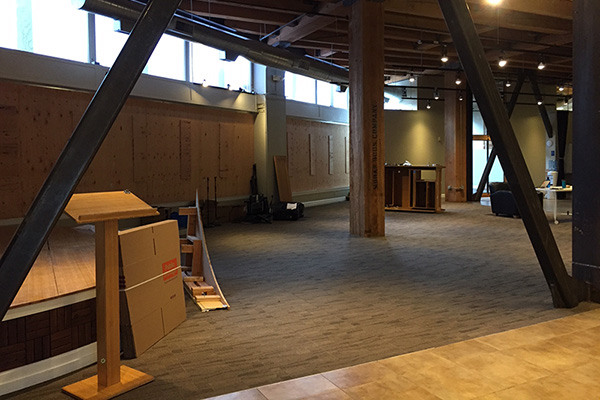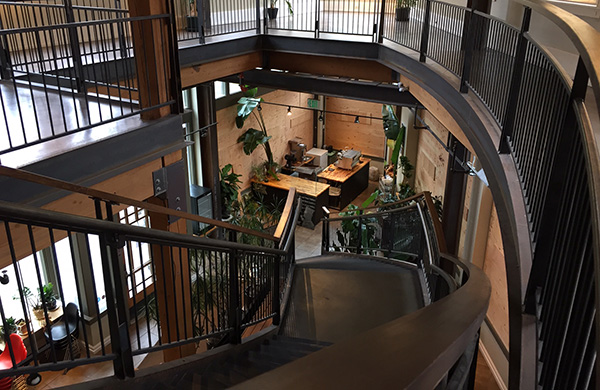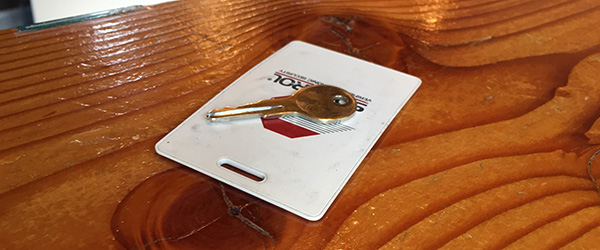
Nothing lasts forever is misleading. It implies that some things last for long periods of time. Western philosophy craves stability, predictability and tradition. We want today to be a lot like yesterday. We get upset when it isn’t.
Buddhism has a different view. Buddha taught that the only constant is change. That nothing ever stays the same. That everything is always changing. This is what Buddhists call impermanence.

Many of the victims of the pandemic are businesses, not people. Some of those businesses are not run of the mill services that simply serve a short-term need, but businesses that create community, and create economic ecosystems.
Hub Seattle was one of those businesses (a.k.a. Impact Hub Seattle, a.k.a. Seattle Impact Hall).

The Hub was the first big co-working space in Seattle. Four floors, 35,000 square feet, a true center for social good in the city back in 2012, partnering with Bainbridge Graduate Institute and Social Venture Partners to fill up all that space. But demand exceeded supply, and in 2013 the Hub literally knocked down a brick wall to expand to the end of the block and to over 50,000 square feet.

Co-working is the opposite of an essential service. It’s an impossible service to run in the midst of an epidemic. It’s a tough-enough business to run in the best of times (even with billions of dollars of capital to try, see WeWork).

The thousands of us who worked at the Hub over its eight years of existence will miss it. Unfortunately the centralized community will likely not find a way to be all in one city block again.















